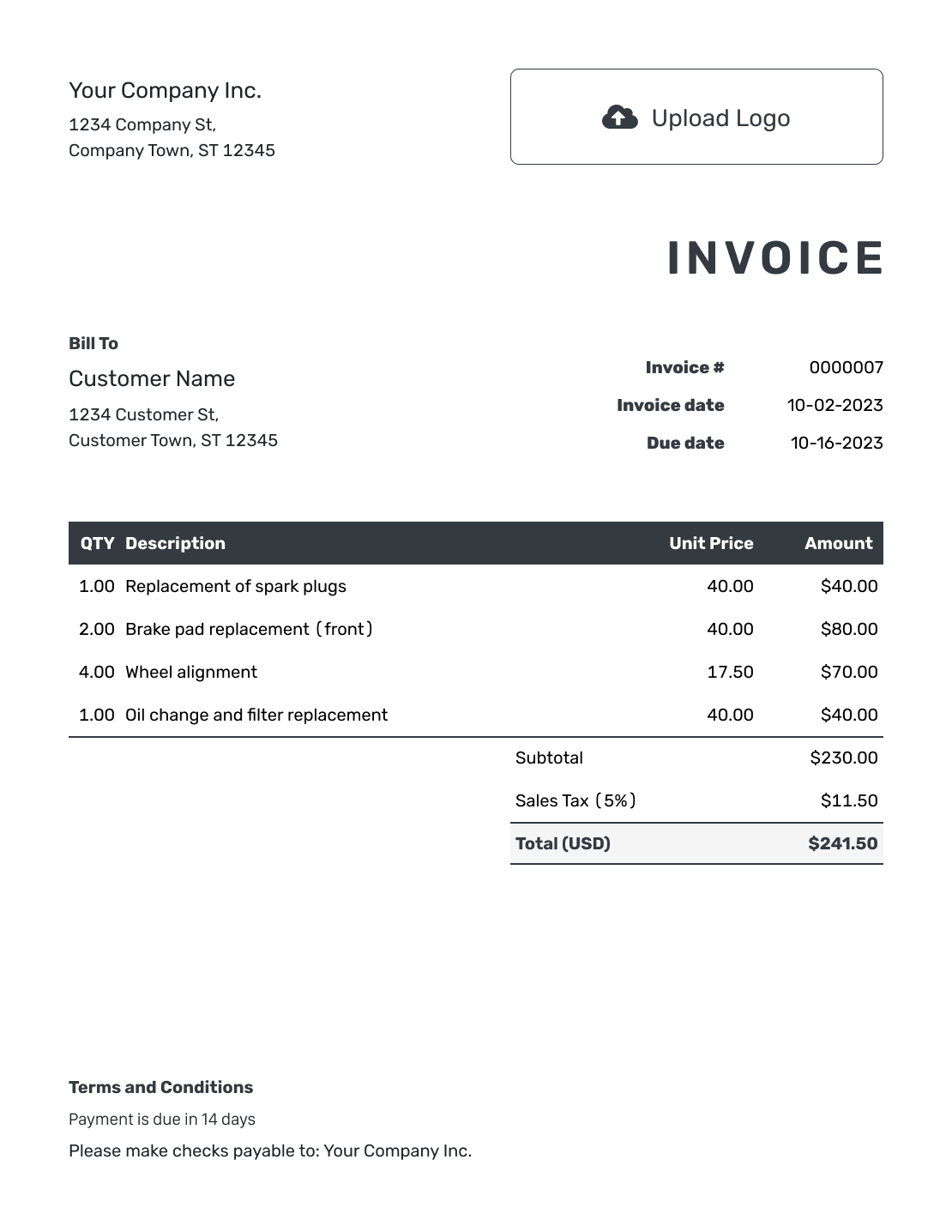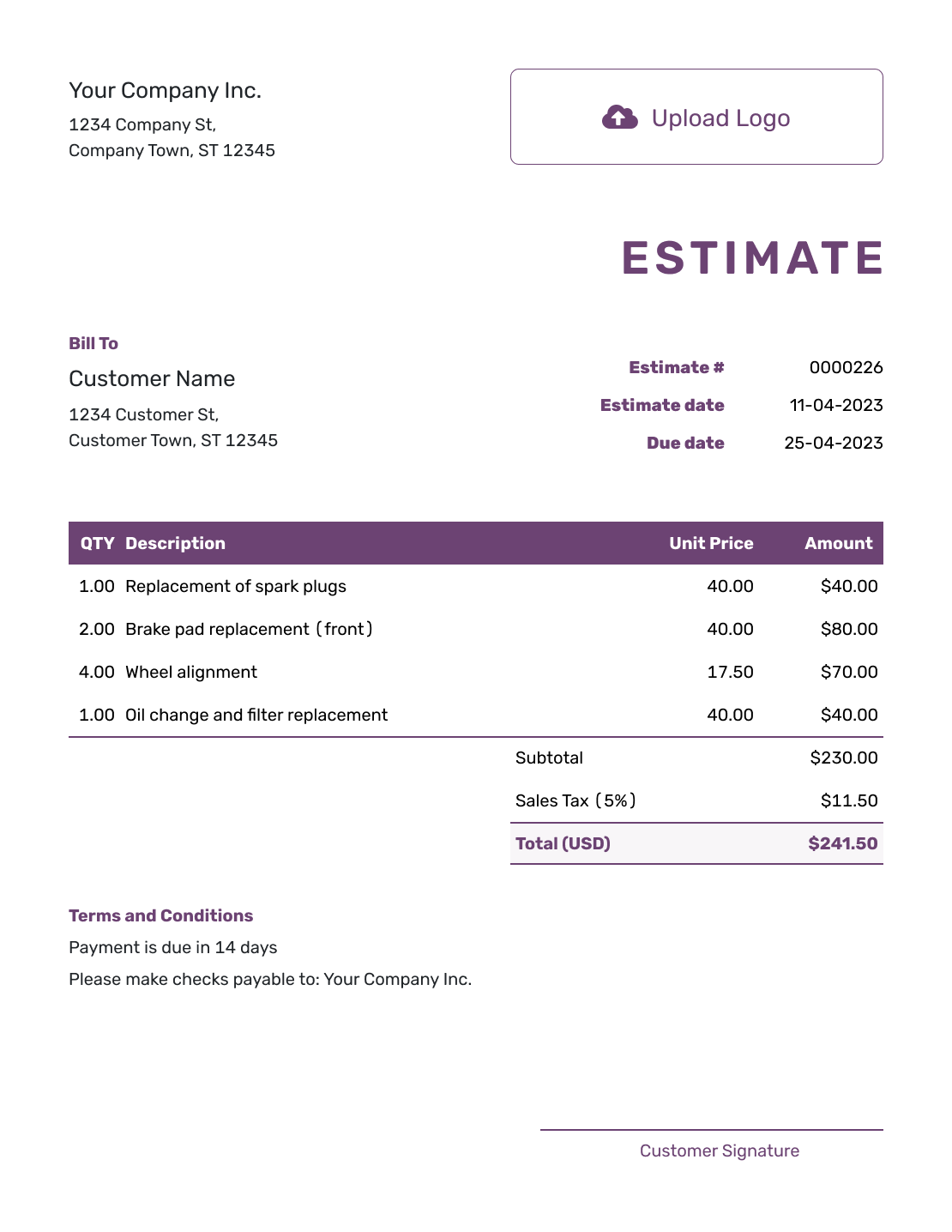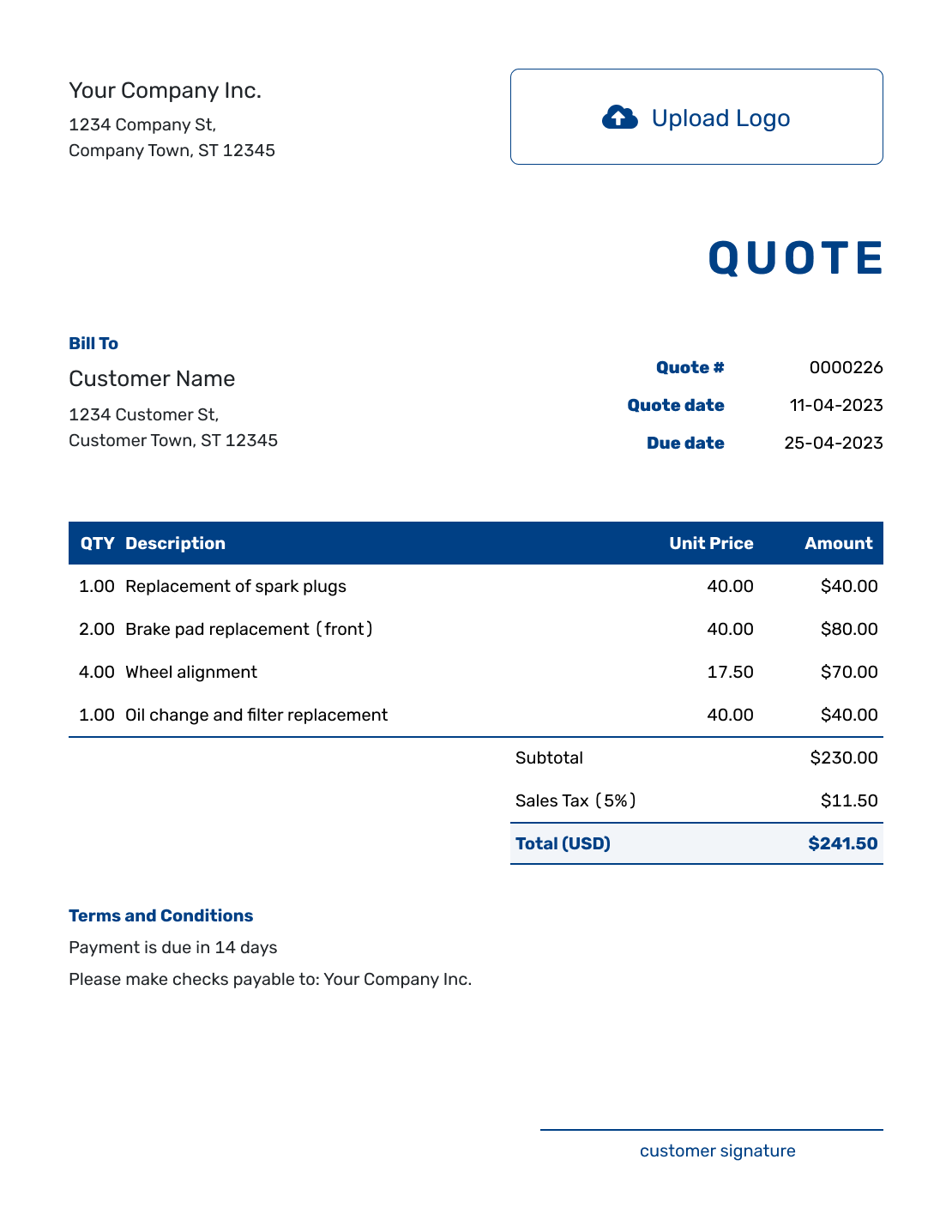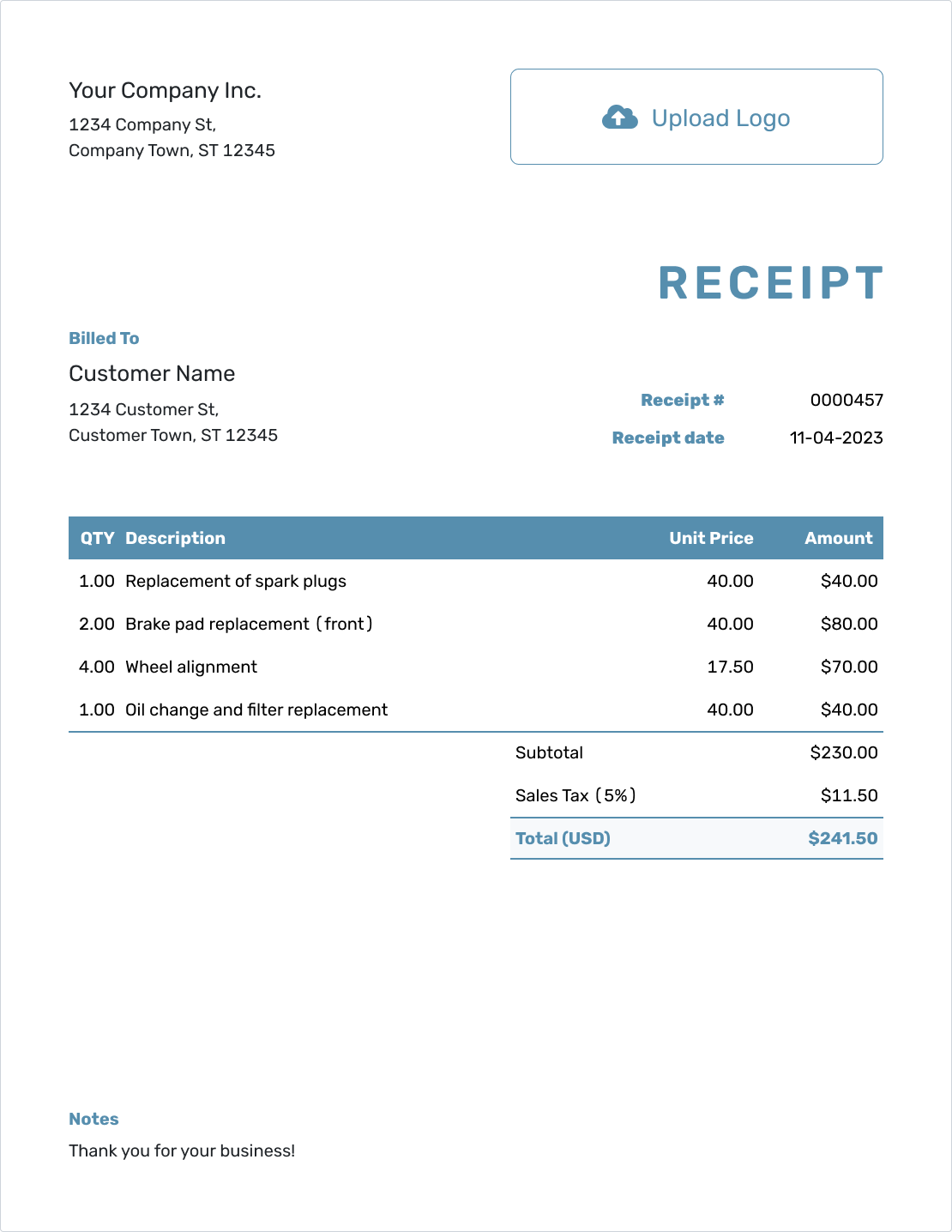Understanding
Operating Expenses
Est. reading time: 6 min

Operating expenses might sound like a complicated accounting term, but they are simply the costs that keep your business running day to day. Think of them as all the little and big things you need to pay for just to keep the lights on. From rent to electricity to the wages you pay your employees, these are the essential costs you deal with as a business owner.
What Are Operating Expenses?
Operating expenses are the costs a business incurs during its regular activities. These are the expenses you need to pay so your business can continue to operate smoothly. Unlike one-time purchases or investments, these costs happen regularly, like every month or year.
Operating expenses are different from the costs of making or buying the goods you sell. For example, if you run a bakery, buying flour and sugar is part of what’s called "cost of goods sold." On the other hand, paying your staff, renting the bakery space, and covering electricity bills are your operating expenses.
Common Examples of Operating Expenses
Every business has its own set of operating expenses, but there are some common ones that nearly every small business will recognize. Here are a few:
- Rent: The money you spend renting your workspace, whether it is an office, a shop, or a warehouse.
- Utilities: Bills like electricity, water, and heating that keep your business functioning.
- Salaries and Wages: The money you pay your employees for the work they do.
- Office Supplies: Items like paper, pens, and other supplies that help your business operate day to day.
- Insurance: Payments that protect your business against risks like property damage or liability claims.
- Marketing Costs: Expenses related to advertising and promoting your products or services.
- Maintenance and Repairs: Costs to keep equipment in good working condition, like fixing a broken oven in a bakery.
These expenses are necessary to keep your business running but do not directly contribute to the production of goods or services. Instead, they support everything that needs to happen behind the scenes.
Why Operating Expenses Matter
Keeping track of your operating expenses is important because they directly affect your business's profitability. If these costs are too high, they can eat into your profits and make it harder to grow or stay competitive. Managing these expenses well means your business can use money more effectively, ensuring you have enough left over to save, invest, or take on new opportunities.
Understanding operating expenses also helps you make smarter decisions. For instance, if rent is taking up too much of your income, you might consider moving to a more affordable location. If your marketing costs are high, you might find new ways to promote your business for less money. By keeping a close eye on these costs, you can make changes that will help improve your bottom line.
The Docelf Advantage
Docelf makes it easy to manage your business expenses, so you can keep your operating costs in check. With our tools, you can:
- Create Invoices: Send professional invoices to your customers quickly, ensuring you get paid on time.
- Generate Quotes and Estimates: Provide accurate quotes and estimates, making it easier to win business and understand your costs.
- Stay Organized: Keep all your invoices, quotes, and estimates in one place so you always know where your finances stand.
Ready to take control of your operating expenses and grow your business with confidence? Try Docelf today!




